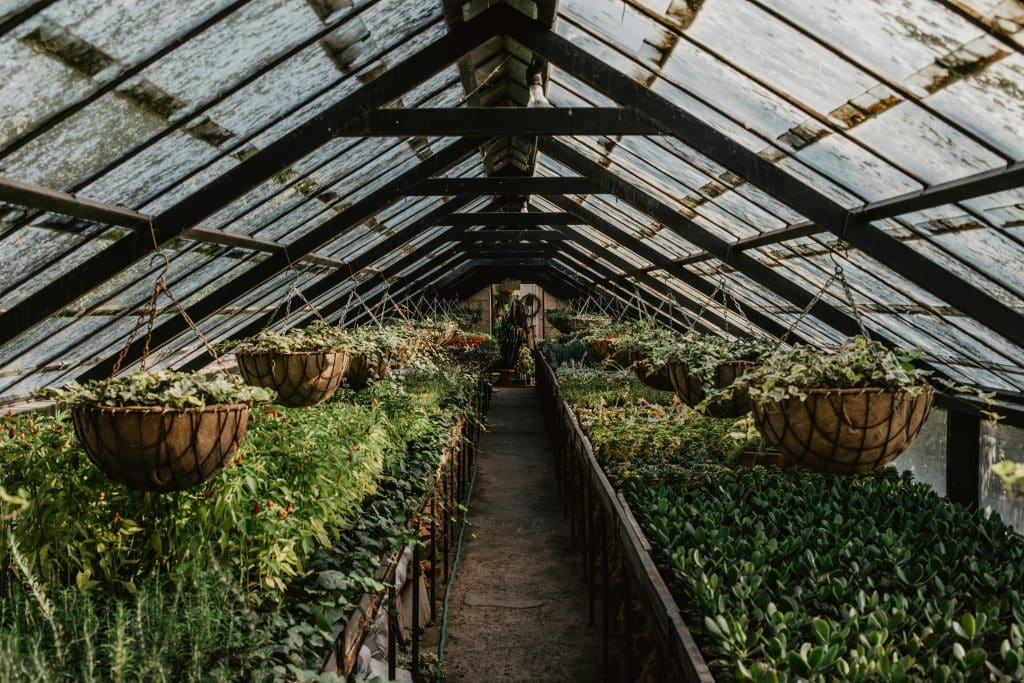Gardening has evolved beyond a leisurely pastime into a strategic endeavor aimed at maximizing productivity and sustainability. As we progress through 2025, gardeners are embracing innovative techniques and trends to enhance their yields and efficiency. Whether you’re a seasoned horticulturist or a novice enthusiast, implementing these contemporary gardening tips can significantly boost your garden’s productivity.

1. Embrace Vertical Gardening for Space Optimization
In urban settings where space is limited, vertical gardening offers a practical solution. By utilizing structures like trellises, towers, and wall-mounted planters, gardeners can cultivate a variety of plants without occupying extensive ground area. This method not only maximizes space but also improves air circulation and sunlight exposure for plants.
2. Implement Smart Irrigation Systems
Efficient water usage is crucial for maintaining a productive garden. Smart irrigation systems, which adjust watering schedules based on weather conditions and soil moisture levels, help conserve water and ensure plants receive adequate hydration. These systems can be controlled remotely via smartphone apps, providing convenience and precision.
3. Incorporate Companion Planting
Companion planting involves pairing plants that benefit each other when grown together. For instance, planting basil alongside tomatoes can enhance flavor and deter pests. This natural approach reduces the need for chemical pesticides and promotes a healthier garden ecosystem.
4. Utilize Raised Beds for Improved Soil Control
Raised beds offer better drainage, soil aeration, and easier access for gardeners. They also allow for the use of high-quality soil mixes tailored to specific plant needs, leading to healthier plants and increased productivity. Raised beds can be constructed from various materials, including wood, stone, or recycled materials, to suit aesthetic preferences and budget.
5. Adopt Sustainable Gardening Practices
Sustainability is a key focus in modern gardening. Practices such as composting organic waste, mulching to retain soil moisture, and using organic fertilizers contribute to a healthier environment and more productive garden. Additionally, selecting native plants that are adapted to local climates can reduce water usage and maintenance efforts.
6. Stay Informed About Gardening Trends
Keeping abreast of current gardening trends can provide insights into new techniques and tools that can enhance productivity. For example, the trend towards indoor gardening and hydroponics has opened up new possibilities for year-round cultivation, even in small spaces. Engaging with gardening communities and resources can help gardeners stay informed and inspired.
7. Plan Your Garden Layout Strategically
Effective garden planning involves considering factors such as plant growth habits, sunlight exposure, and companion planting relationships. By strategically placing plants, gardeners can optimize space, reduce competition for resources, and create a more aesthetically pleasing environment.
8. Monitor and Manage Pests Naturally
Integrated pest management (IPM) focuses on using natural predators, beneficial insects, and organic treatments to control pest populations. This approach minimizes the use of chemical pesticides, promoting a healthier garden ecosystem and reducing the risk of harming beneficial organisms.
9. Harvest Regularly to Encourage Growth
Regular harvesting not only provides fresh produce but also encourages plants to continue producing. Removing mature fruits and vegetables signals the plant to produce more, leading to increased yields over time. It’s essential to harvest at the right time to ensure optimal flavor and texture.
10. Keep Learning and Experimenting
Gardening is a continuous learning process. Experimenting with new plants, techniques, and tools can lead to discoveries that enhance productivity. Participating in gardening workshops, reading relevant literature, and engaging with fellow gardeners can provide valuable knowledge and inspiration.
By integrating these contemporary gardening tips into your practices, you can maximize your garden’s productivity in 2025. Embracing innovation, sustainability, and strategic planning will not only yield abundant harvests but also foster a deeper connection with the natural world.
Conclusion
Maximizing garden productivity in 2025 requires a combination of smart planning, innovative techniques, and sustainable practices. By incorporating strategies such as vertical gardening, smart irrigation systems, companion planting, and raised beds, gardeners can optimize space, improve yields, and reduce environmental impact. Staying informed about emerging trends, monitoring pests naturally, and committing to regular harvesting further enhance productivity. Ultimately, applying these gardening tips that maximize productivity not only results in a more abundant garden but also fosters a healthier, more enjoyable gardening experience.
References
- The Spruce. Gardening tips to maximize productivity in 2025. https://www.thespruce.com
- Gardenary. Top gardening trends and productivity tips. https://www.gardenary.com/blog/garden-trends
- PHS Online. Top 10 gardening trends in 2025. https://phsonline.org/phs-news/top-10-gardening-trends-2025










 Smart Home Innovations for Modern Living
Smart Home Innovations for Modern Living 

